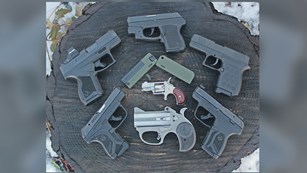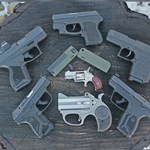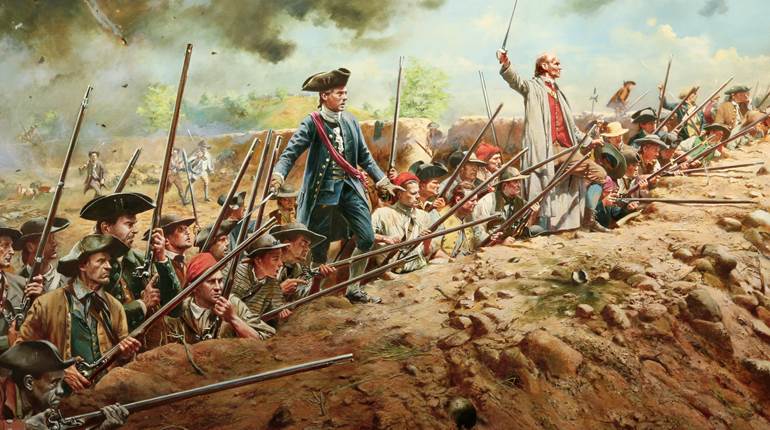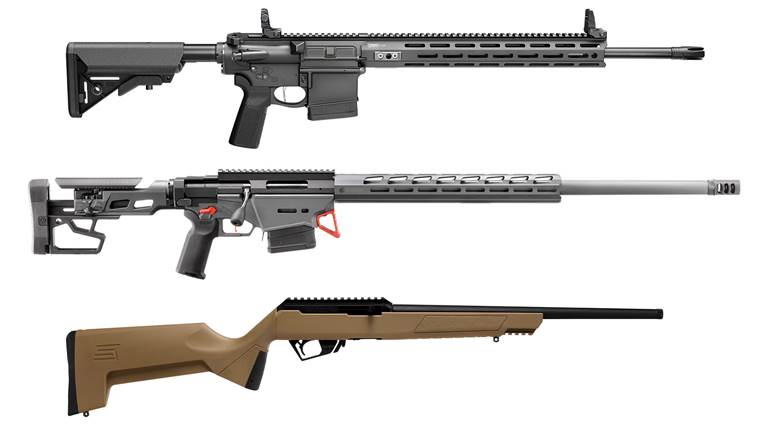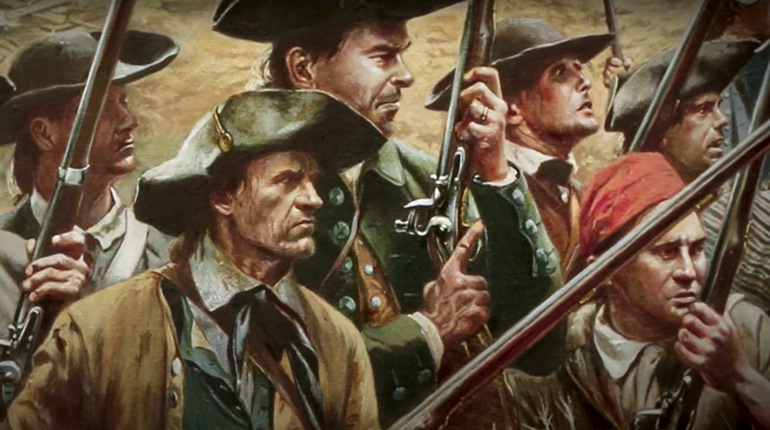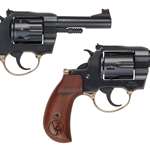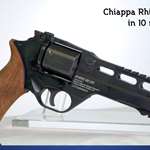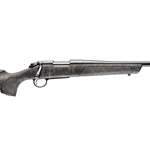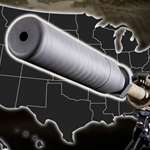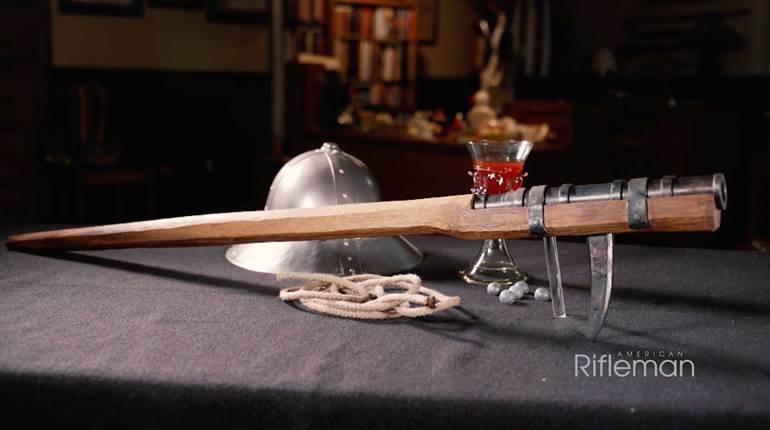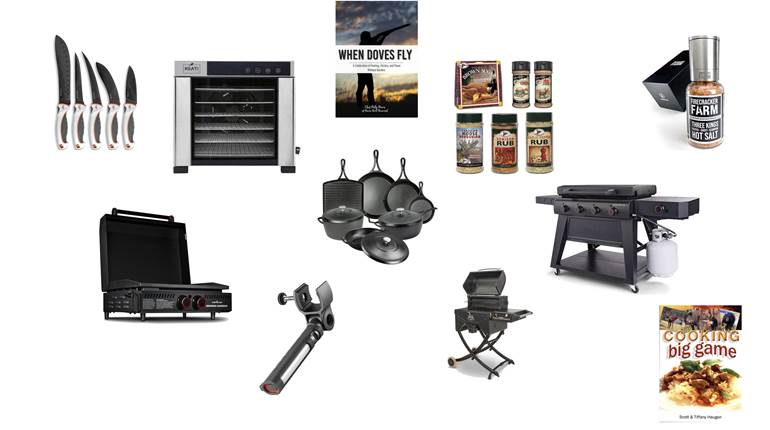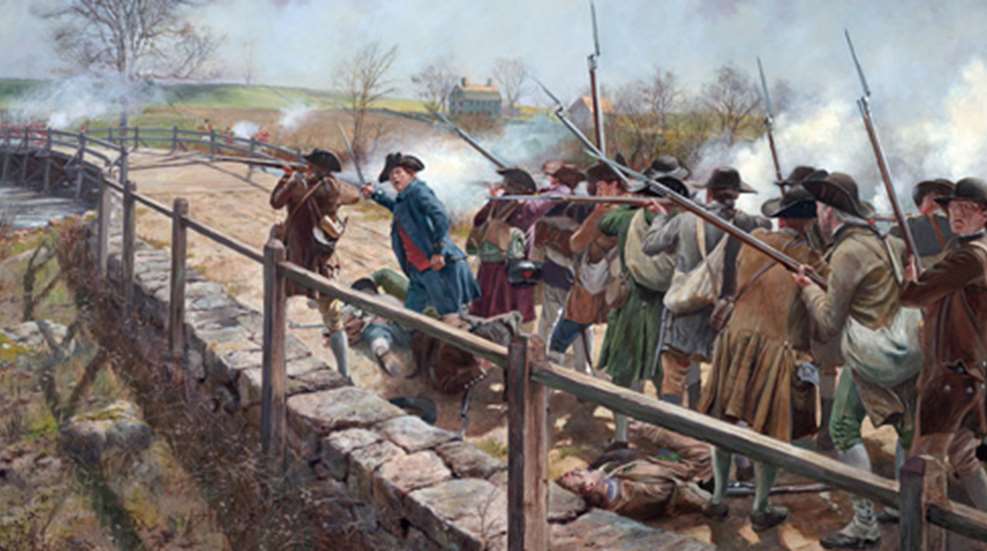
Painting by Don Troiani, www.historicalartprints.com
In 1774, British Brig. Gen. Lord Hugh Percy, stationed in Boston, commented, “What makes an insurrection here always more formidable than in other places is that there is a law of this province which obligates every inhabitant to be furnished with a firelock, bayonet, and pretty considerable quantity of ammunition.” It would not be long before Lord Percy would realize how truly prophetic his words were.
During the late night hours of April 18, 1775, British grenadier and light infantry companies under the command of Lt. Col. Francis Smith, numbering some 700 men, ferried across the Charles River from Boston to Cambridge to clandestinely march on the small town of Concord, Mass., a colonial supply depot for arms, cannon, powder, ball and other military supplies.
In the months previous, Gen. Thomas Gage, the British military governor of Boston, had been receiving word from spies of the numerous arms being stored in and around the town. The countryside surrounding the city of Boston was busily arming and training in the art of war, and something needed to be done to quell this potential uprising.
The Provincial Congress had formed companies of men from each town into two distinct classes: minute companies, which were tolerably well trained, armed, partially equipped by their respective towns and prepared to march at the shortest notice; and militia companies, which had to supply themselves and had somewhat less training. These companies were formed into combined minute or militia regiments from the various towns.
Each man was required by law to provide himself with a good firearm, with a steel or iron ramrod, a worm, a vent pick and brush, a bayonet fitted to his gun, a scabbard, a belt, a sword, tomahawk or hatchet, a cartridge box holding a minimum of 15 rounds, 100 buckshot, six flints, one pound of powder, 40 lead balls, a knapsack and a blanket, and a canteen to hold a quart of water. Some towns, however, did supply certain items to their minute companies. Acton’s minute company, commanded by Capt. Isaac Davis, a gunsmith by trade, had fitted its muskets with bayonets and supplied the majority of its men with cartridge boxes. The men also trained twice a week from November 1774 to April 19, 1775, including live fire. Concord supplied its two minute companies with cartridge boxes made by local saddler Rueben Brown, and it had to issue 14 muskets to the men lacking such. Lincoln, one of the largest companies with 62 men, possessed only one bayonet. The amount of supply and training varied from town to town.
As the British troops left Cambridge, marching through what were supposed to be slumbering towns, they could hear alarm bells ringing and armed men moving about in the distance. Colonel Smith began to realize that the alert had been spread into the countryside and sent word back to Gen. Gage for reinforcements. Smith placed light infantry companies under the command of volunteer Marine Maj. John Pitcairn in vanguard of the column so when he arrived in Concord, they could hold the two main entrances to the town: the north and south bridges.
At about 5 a.m., as the regulars approached the town of Lexington, they captured several men with guns. When Pitcairn reached the town green he found some 70 armed men positioned in a line, awaiting his arrival. He ordered the rebels to disperse and his men to disarm them. As the light companies moved onto the green a shot rang out, and the British began firing wildly as the militia commenced to scatter.
After the smoke had cleared, eight Lexington men lay dead on the green and 10 were wounded. The British had one man slightly wounded, in addition to Pitcairn’s horse. Smith and Pitcairn soon got their men in order and marched toward Concord, the main object of the expedition. The Patriots who managed to escape the deadly fire would exact a ferocious retribution later that day.
The British movement from Lexington to Concord was uneventful until they reached Meriam’s Corner, a mile outside of the town. On a ridge above them was a large group of minutemen and militia that had begun to advance toward Lexington. British light infantry were ordered onto the ridge, which prompted the Patriots to turn and march over the north bridge to high ground overlooking the town. The regulars straightaway began to search for the hidden supplies they had come for. Three light infantry companies were ordered to hold the north bridge, a grenadier and two light companies were sent to the south bridge, and four more light companies along with a few artillerymen were sent to Col. James Barrett’s home to hunt for arms, cannon and supplies.
As the British troops scavenged about, more Colonials began to collect above the north bridge. Men from Concord, Acton, Lincoln and Bedford came together to determine what the next move should be. As they commiserated, the British began to burn the supplies they had discovered. By accident, the town house and part of Reuben Brown’s saddle shop caught fire. A local woman begged the Redcoats to extinguish the flames, and as they splashed buckets of water on the burning buildings, dark smoke billowed forth into the sky. The gathering Patriots above the bridge soon saw it and assumed the town was being deliberately burned.
Lieutenant Joseph Hosmer, the adjutant of the Concord men asked, “Will you let them burn the town down?” The decision was made to move in. The Acton Minute company, commanded by Capt. Isaac Davis, was placed in the lead—probably because of its good equipment, bayonets and training—followed by the Concord Minute companies of Capt. David Brown and Capt. Charles Miles with the remaining companies behind. They marched by twos down to the bridge, with Maj. John Buttrick of Concord, Lt. Col. John Robinson of Westford, and Capt. Davis at the head of the column. As they approached, the British on the opposite bank began pulling up the bridge planks. Buttrick demanded them to stop, and they quickly retreated to their side. The Redcoats then loosed a volley, some of the balls hitting into the river. They fired once more, this time killing Capt. Davis and Abner Hosmer, from the Acton company, and wounding several others. Buttrick instantly ordered his men to return fire, killing two of the Redcoats, and mortally wounding another. Many of the British officers were also wounded in the first fire and the whole force began a headlong retreat back toward Concord, shadowed by some of the Patriots.
Not far up the road from the bridge fight the retreating light infantry met up with Col. Smith and three companies and rallied with him. Smith waited for a short time, then returned to town in order to attend his wounded and continue demolishing supplies. Two hours later as the British pulled back out of Concord, they again proceeded through Meriam’s Corner and filed across the small bridge over Elm Brook. At this funnel the Colonials, with reinforcements from other towns, took aim and fired, killing more of the British regulars. Thus began the running battle back to Boston, with men from surrounding towns pouring into the fight. Concord militiaman Thaddeus Blood stated, “After the fire every one appeared to be his own commander,” meaning that there was not much command and control, if any, after the fight at the bridge.
As the battle raged on, it appeared Smith’s beleaguered force might have had to surrender until they finally met the Boston relief force in Lexington with 1,000 men and artillery, under the command of Lord Hugh Percy.
The fight became even bloodier in Menotomy, with men from surrounding towns swarming toward the fray. There was still hard fighting to be done until the British reached Charlestown, and boats back to the safety of Boston. By day’s end they had lost 73 killed, 174 wounded and 26 missing, while the Colonials had lost 49, 41 and five, respectively.
The momentous day was summed up well by Patriot Capt. Levi Preston, a participant, during an interview later in his life: “What we meant in going for those redcoats was this: We always had been free and we meant to be free always! They didn’t mean that we should.” The first engagement of the war was a remarkable triumph for the Patriots that would have been inconceivable had not every man been armed with his own gun.

